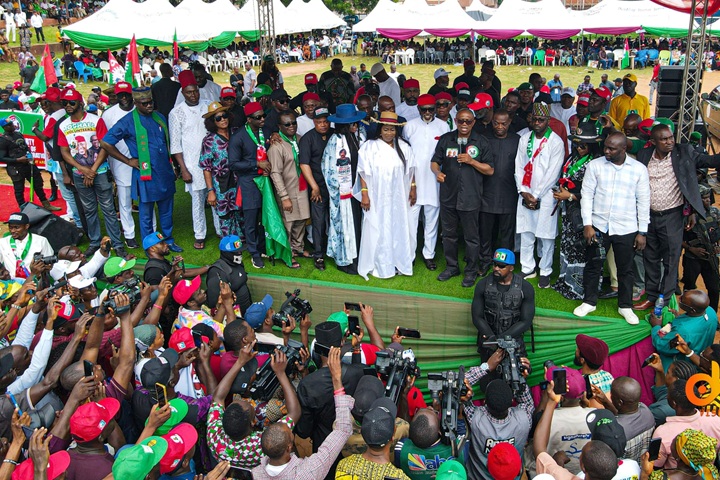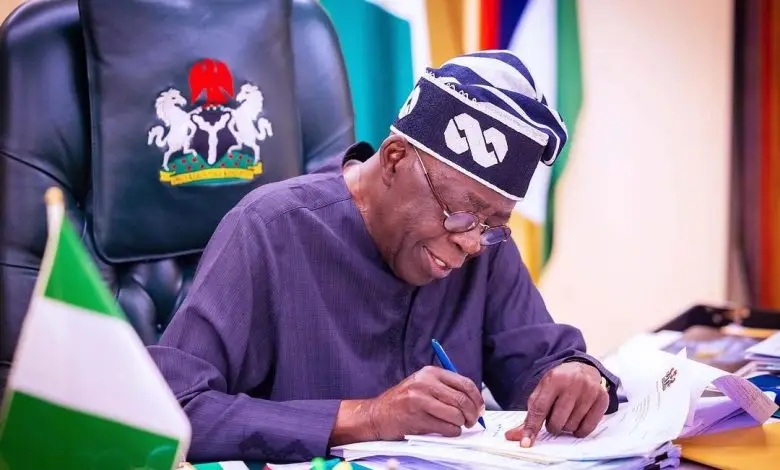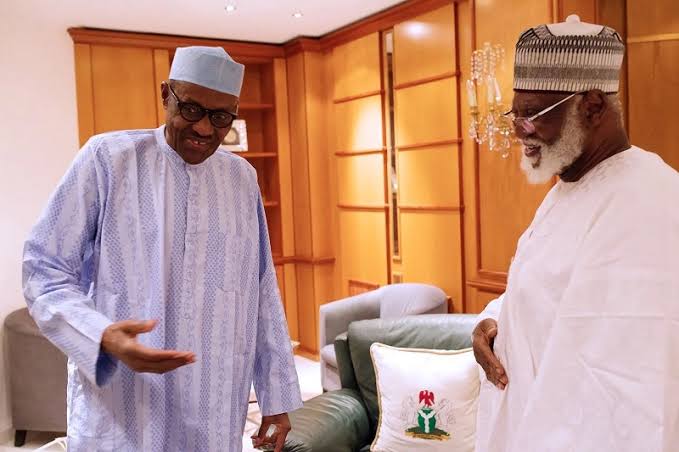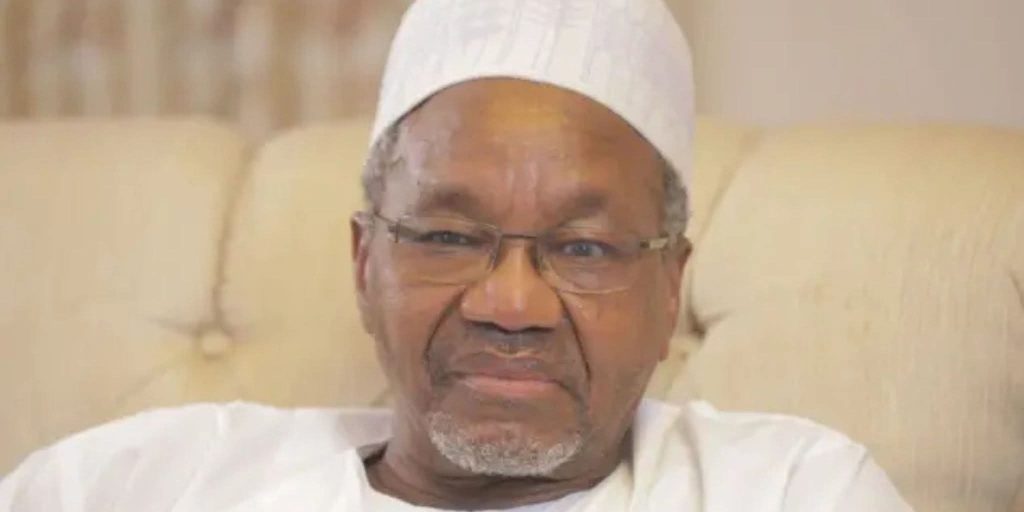Security
Iran orders military alert after Trump’s threats
DDM News

Iran’s Supreme Leader, Ayatollah Ali Khamenei, has placed the country’s military forces on high alert.
Diaspora digital media (DDM) gathered that this action follows fresh threats from U.S. President Donald Trump targeting Tehran’s leadership and nuclear program.
Iran responded swiftly by mobilizing troops and enhancing security around sensitive military and nuclear sites nationwide.
A Reuters report confirmed Khamenei’s directive came immediately after Trump warned of serious consequences if talks collapsed.
Iran also warned neighboring countries against aiding any potential U.S. military operation in the region.
Official notices were sent to Turkey, Qatar, Iraq, Kuwait, Bahrain, and the United Arab Emirates.
These warnings stated any assistance to U.S. forces would be considered a hostile act against Iran.
This includes allowing the U.S. to use their airspace, land, or military installations for launching strikes.
Iran emphasized it will retaliate if neighboring countries support American military efforts directly or indirectly.
Despite rising tensions, Iran rejected direct negotiations with the United States over the nuclear deal.
However, Tehran signaled its openness to continuing indirect talks through Oman, a longstanding mediator.
Oman has historically facilitated backchannel communications between Iran and the U.S. during diplomatic standoffs.
Trump had recently disclosed that he sent a negotiation proposal to Khamenei seeking renewed discussions.
That proposal was followed by Trump’s public threats of unprecedented bombing against the Islamic Republic.
He also promised to impose new economic duties within two weeks if talks failed.
These threats have undermined any remaining trust between Tehran and Washington.
Tensions between the two nations trace back to 2018 and Trump’s withdrawal from the Iran nuclear deal.
The Joint Comprehensive Plan of Action (JCPOA) had restricted Iran’s nuclear activities in exchange for sanctions relief.
Trump’s administration reimposed heavy sanctions under a “maximum pressure” campaign aimed at crippling Iran’s economy.
In response, Iran gradually breached its JCPOA commitments, increasing uranium enrichment and limiting international inspections.
Iran’s latest military readiness mirrors its response after General Qassem Soleimani’s assassination in 2020.
Following that event, Iran launched missile strikes on American military bases in Iraq.
Observers fear current tensions may lead to another dangerous confrontation in the region.
Strategic experts warn a U.S.-Iran conflict could destabilize the Persian Gulf and global oil markets.
The Strait of Hormuz remains a critical shipping route vulnerable during armed conflict.
Iran’s warnings aim to deter Gulf nations from allowing U.S. forces to operate from their soil.
Many of these countries host American troops and strategic airbases, complicating their regional alliances.
They now face pressure to remain neutral while maintaining defense partnerships with Washington.
The situation reflects deep-rooted distrust and the fragile nature of indirect diplomacy between both nations.
Without compromise, experts caution the path forward may escalate into broader military engagement.
Tehran’s leadership appears determined to resist pressure while keeping diplomatic channels partially open through neutral intermediaries.
Oman’s involvement may be critical in maintaining dialogue and preventing full-scale confrontation.
As both sides exchange threats, the world watches closely, hoping for diplomacy to prevail over conflict.
The future of U.S.-Iran relations remains uncertain, shaped by political ambition, historical grievances, and regional power dynamics.
For Diaspora Digital Media Updates click on Whatsapp, or Telegram. For eyewitness accounts/ reports/ articles, write to: citizenreports@diasporadigitalmedia.com. Follow us on X (Fomerly Twitter) or Facebook









